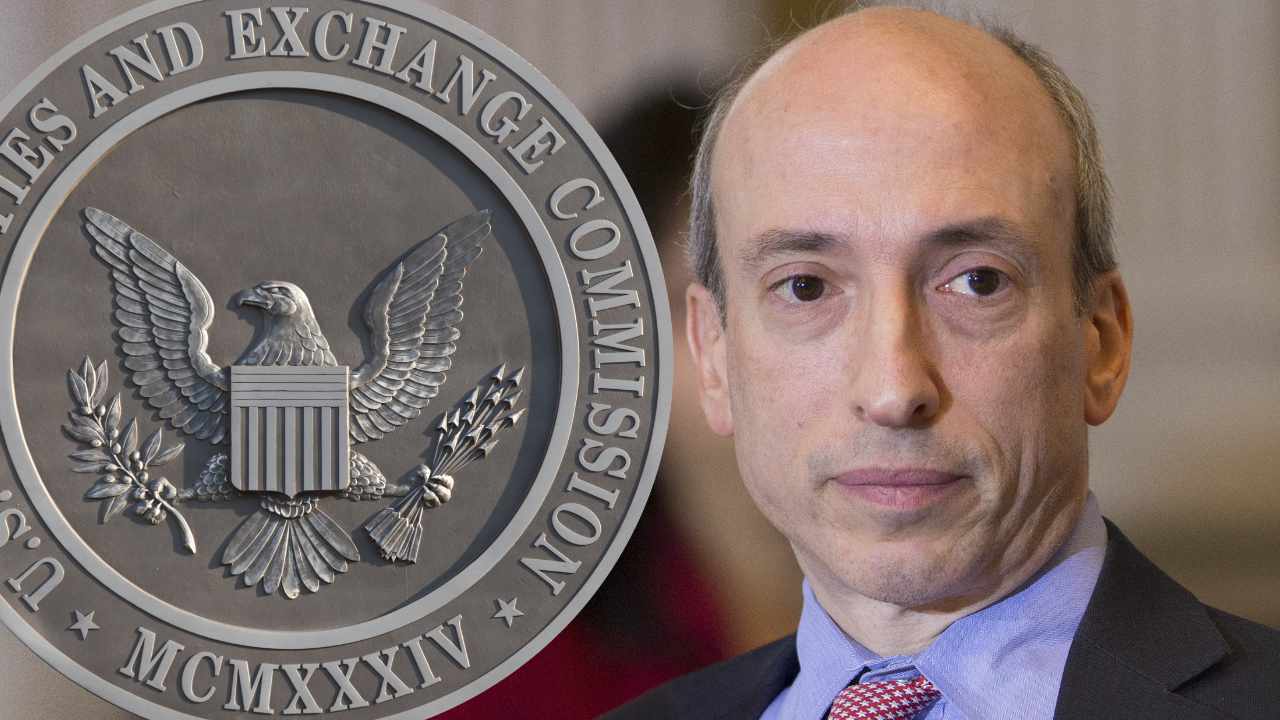SEC Chair Gary Gensler to Depart January 20, Paving the Way for Trump Appointee

BREAKING: The landscape of American financial regulation and cryptocurrencies is poised for a significant shift as Gary Gensler, the current head of the Securities and Exchange Commission (SEC), has announced his intention to resign on January 20, 2025. This date coincides with the inauguration of Donald Trump, who will then have the opportunity to appoint his own choice to lead the SEC, potentially steering the agency in a new direction.
BREAKING: 🚨 SEC Chair Gary Gensler will step down Jan. 20, making way for Trump replacement. Super bullish for Bitcoin and crypto! pic.twitter.com/UVFcQpHRdV
— DΛVID (@DavidShares) November 21, 2024
Gary Gensler's tenure at the SEC has been marked by regulatory reforms aimed at enhancing transparency and protecting investors in an increasingly complex financial market. His approach has often been described as aggressive, biased, and obstructionist, focusing on stricter oversight of cryptocurrency markets and pushing for reforms in areas like climate risk disclosure and executive compensation. His strategies have drawn a lot of criticism from various areas of the financial world.
The transition period following Gensler's departure will be crucial. The financial industry including Bitcoin and crypto has been bracing for changes, especially with Trump's history of advocating for less regulation. Trump's previous term saw him appoint Jay Clayton, who was known for his more lenient approach towards Wall Street regulations. If Trump's new appointee follows a similar path, we might see a rollback of some of Gensler's initiatives, particularly those deemed too restrictive by business leaders.
This potential shift could have wide-reaching implications. For instance, the crypto industry, which has been under significant scrutiny during Gensler's leadership, might find a more permissive regulatory environment. This could lead to a surge in innovation but also potentially increase the risk of fraud and market instability if not managed carefully.
The change in leadership at the SEC could affect ongoing legal battles and regulatory frameworks concerning high-profile cases like those involving major cryptocurrency exchanges or the implementation of new trading rules aimed at preventing market misconduct. Investors and firms will be watching closely to see if there's a pivot towards deregulation or if the new chair will seek a balanced approach that maintains investor protection while fostering market growth.
The incoming administration's choice for SEC Chair will not only reflect its economic philosophy but also set the tone for investor confidence in the U.S. markets. The financial sector's reaction to these changes will be telling. Will there be a rush to capitalize on relaxed regulations, or will there be a cautious approach, wary of the pendulum swinging too far in the opposite direction from Gensler's stringent oversight?
Never miss breaking news
Sign up and be the first to know when we publishFurthermore, this transition occurs at a time when global financial markets are navigating through post-pandemic recovery, technological advancements in finance, and geopolitical tensions. The new SEC Chair will need to address these challenges with both foresight and firmness, ensuring that the U.S. remains a leader in global finance while adapting to new realities.
As we move towards this pivotal change, stakeholders from all sides of the financial spectrum are preparing for what could be a new era in U.S. regulatory policy. The departure of Gary Gensler marks not just the end of a significant chapter but the beginning of another, where the balance between regulation and innovation will once again be tested. How this unfolds will be crucial for market stability, investor protection, and the overall health of the American economy.

